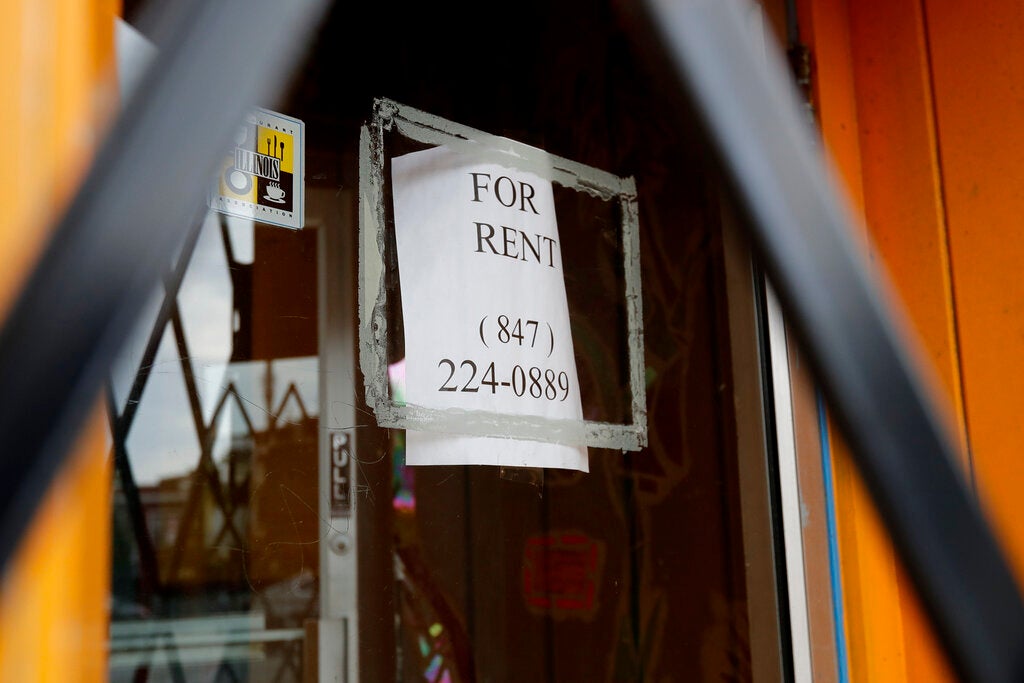Spring is in full swing, and a community garden in Northern Wisconsin is using the nice weather to grow vegetables, flowers and bonds among residents. Our guest talks about the important role the community garden plays. We also learn about the often secret financial insecurity of the middle class, and talk about a new announcement from the Obama administration that makes an estimated additional 4.2 million more people eligible for overtime pay.
Featured in this Show
-
Labor Expert: New Overtime Pay Rules Will Have 'Significant Impact' On Economy
The new rules on overtime pay for eligible workers announced on Tuesday by President Barack Obama will have a major impact on the economy, according to a labor expert.
Under the new rule, salaried workers earning an annual income of $47,476 or less will get paid time and a half if they work more than the standard 40 hours a week. Previously, only people who made about half of that yearly amount were automatically eligible for overtime pay. The rule will go into effect in December and is expected to affect about 4.2 million workers.
“It’s expected to have a significant impact on the economy overall,” said Marick F. Masters, director of a labor institute at Wayne State University, where he teaches business and political science. “It’s anticipated that it will generate about $1.2 billion in additional income into the paychecks of people who are affected.”
The move is also expected to have an impact on job growth. Goldman Sachs and others estimate that it could result in about an increase of 120,000 new jobs throughout the country as business owners look to avoid paying overtime wages and workers spend more money that will be collecting in their pockets.
The new rule, however, doesn’t cover hourly workers. Masters said it’s targeted to help mid-level managers in the service and retail industries who might be earning relatively low salaries, but working well beyond 40 hours a week.
The rule change received a mixed reception from the business community — many are excited that it will boost wages for the working and middle classes, but fast food and retail businesses have argued the plan could backfire and force employers to slash worker hours.
“I think it’s always going to be a concern, and it’s an expected reaction from the business community,” said Masters. “But I think it’s also important that they look at their staffing practices, that they look at rationalizing their workforce, and that you can’t expect to demand an interminable amount of hours from employees and not pay for them.”.
Other critics have said that the move will only lead employers to find other cost-cutting measures, like scaling back benefits or significantly decreasing starting salaries.
“You can always take that low road approach. But I think the way to look at it would be more positively and say that we can find a way to make this work,” he said.
Masters added, “And when you talk about cutting back on things, that has all kinds of negative consequences that telegraph a whole lot about your philosophy of management that can have really serious implications for morale and productivity.”
-
Who Benefits From Expanded Overtime Eligibility?
An additional 4.2 million people are expected to qualify for overtime after the Obama administration announced that anyone whose yearly salary is less than $47,476 will be eligible. The rule was announced yesterday and has gotten support from those who believe it will give a wage boost to people who have long needed it, but has also been criticized by fast food and retail businesses who have said the plan could be costly to employers and force them to slash worker hours, make fewer hires or cut benefits.
-
The Flambeau River Community Growing Center Sows Seeds Of Community
A community greenhouse in Northern Wisconsin is helping to teach people how to grow plants, garden, and make healthier food choices. One of the founders of the Flambeau River Community Center talks about how the center came to be and how it’s changing the Park Falls community for the better.
-
The Silent Financial Struggle Of The Middle Class
A combination of stagnant wages, increasing college tuition rates, and growing debt have made the Middle Class dream more of a nightmare for many Americans. People are less likely to acknowledge that people in the middle socio-economic bracket may often be strapped for cash — especially in emergencies. Our guest tells us about his struggle as a middle income earner to come up with $400 in the event of a crisis.
Episode Credits
- Rob Ferrett Host
- Veronica Rueckert Host
- Haleema Shah Producer
- Amanda Magnus Producer
- J. Carlisle Larsen Producer
- Marick F. Masters Guest
- Mike Geiger Guest
- Neal Gabler Guest
Wisconsin Public Radio, © Copyright 2025, Board of Regents of the University of Wisconsin System and Wisconsin Educational Communications Board.

